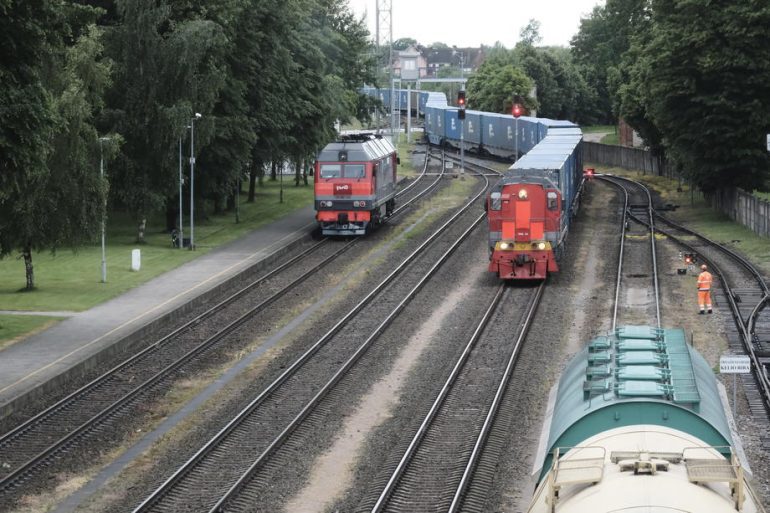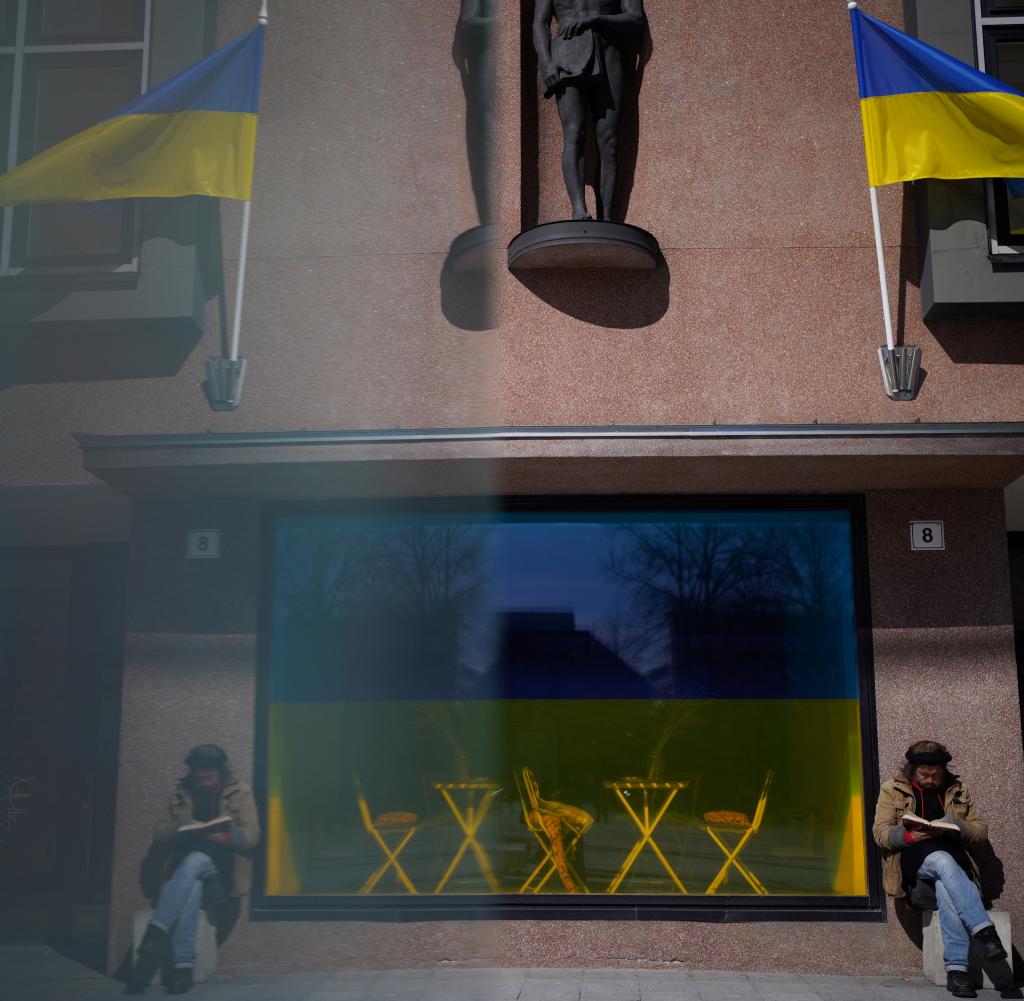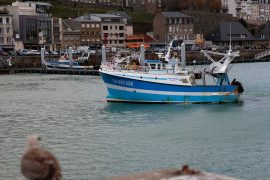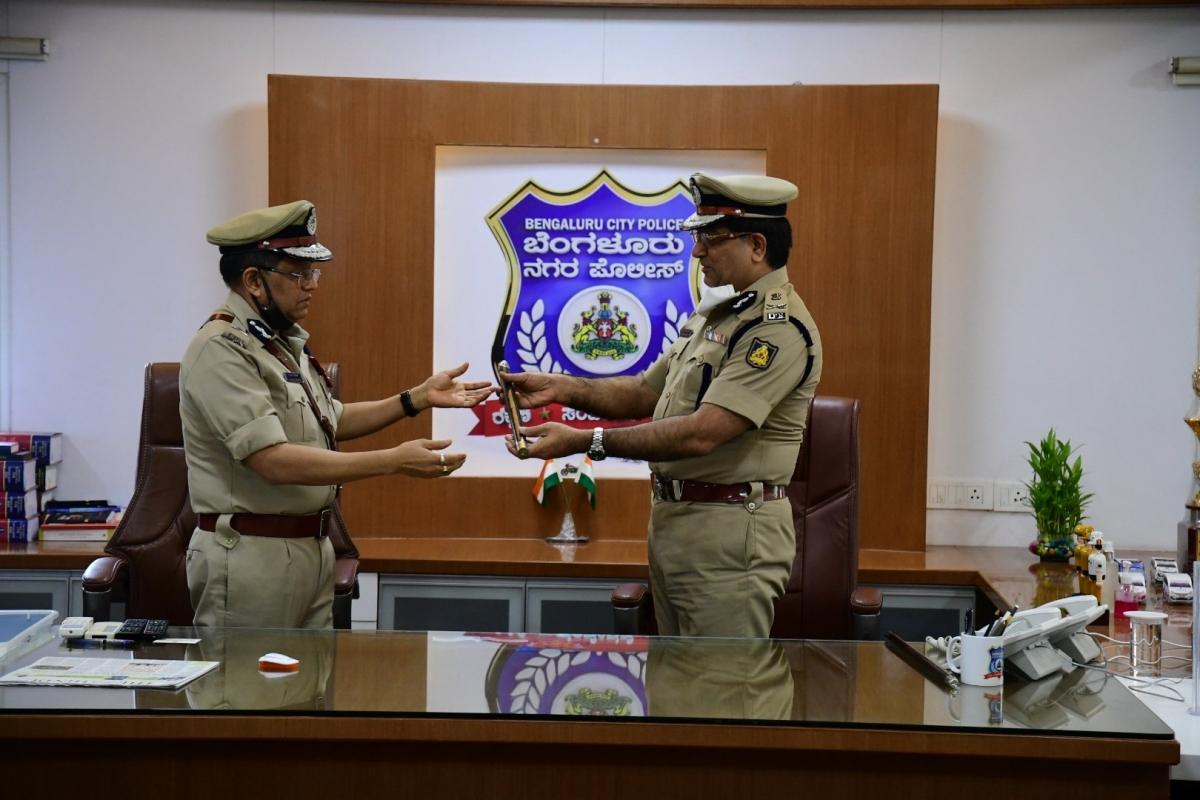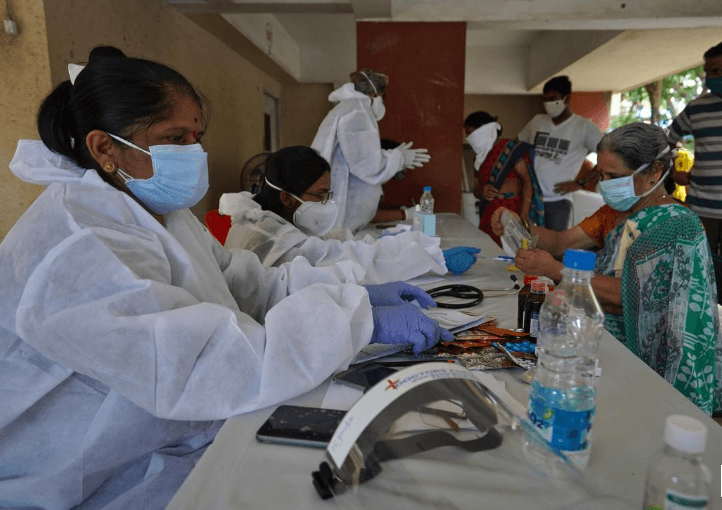abroad After threats from Moscow
EU clarifies clearance rules after dispute over transit in Kaliningrad
“Putin wants to make money with his gas, he wants easy transit”
Russia is sending signals to increase gas supplies to Europe through Ukraine beyond 2024. Moscow correspondent Christoph Vanner reads between the lines – “Let’s work on a win-win situation, if you want to,” and provides good arguments for this. Will this ease the gas crisis?
The European Union is trying to defuse the conflict over the embargo on Russian freight traffic from Lithuania to Kaliningrad. Goods traffic should be allowed in the Russian exclave for goods affected by sanctions. However, there are limits.
DFollowing protests and threats from Moscow, the European Union Commission has drawn up new guidelines for transit traffic between Russia and the Baltic Sea in Kaliningrad. Accordingly, Russia is allowed to bring civilian goods such as wood and cement that are on the EU sanctions list through the EU country of Lithuania, without any major restrictions.
However, the road transport of these goods by Russian freight forwarders through the territory of the European Union is still prohibited. In addition, any goods that can also be used for military purposes cannot be transported by rail.
The government in Moscow previously accused Lithuania of illegally restricting the movement of goods between Russia and Kaliningrad and threatened “practical” retaliation against the Baltic EU and NATO country. In particular, Russia repealed, among other things, the Russian-Lithuanian State Boundary Treaty. Lithuania’s exclusion from a joint, synchronously switched power grid was also discussed.
The Kaliningrad excavations around the former Königsberg are located between the European Union states of Lithuania and Poland. It is only 500 kilometers from Berlin, but more than 1000 kilometers from Moscow.
Germany in particular had also pushed for new guidelines. According to information from EU circles, the federal government feared that the transit dispute could dangerously escalate tensions with Russia. In addition, according to information from Berlin, there were already specific agreements on the interpretation of sanctions, which were not compatible with the procedure in Lithuania.
Lithuania may further delay goods movement between Russia and Kaliningrad with controls
With the new guideline, the EU Commission is now making it clear that it is placing Russia’s transit law above the legal point of view in rail traffic that prohibits Russia from transporting goods through Lithuania against the backdrop of sanctions rules. can go. The rules prohibit the importation of certain Russian goods into the European Union. Apart from timber and cement, imports of iron and steel products, fertilizers and caviar are also prohibited.
It is still unclear whether the new guidelines will help ease the situation. On the other hand, Lithuania with control may continue to delay the movement of goods between Russia and Kaliningrad. According to Lithuanian radio, there were long queues of trucks at the border crossing on Wednesday.
“There is now a strict customs inspection screening process that takes into account the package of the goods accepted. The focus is on goods in transit,” said Vadimas Dikisius, the head of the outpost in the Lithuanian border town of Kibertai.
According to radio reports, more than 400 trucks on the Russian side are waiting for permission to enter Lithuania, according to Russian freight forwarders. Prolonged traffic jams are said to be caused by more vehicles being checked at other crossings and at the border with neighboring Belarus.
With regard to the transport of civil goods by rail, the EU Commission stipulates in its guidelines that these can only be carried in the previously customary quantities. Targeted and effective control must also continue. If it is observed that goods are being transported in more quantity than normal, they should be stopped as per the guidelines. The average transit volume over the past three years should be used as the basis for comparison.
The purpose of the regulation is to prevent Russia from transporting goods on the sanctions list through Kaliningrad to other countries and thus to avoid sanctions.
The new guidelines were actually ready in early July. However, according to information from EU circles, Lithuania delayed the process and urged them to prepare in such a way that Russia could not celebrate them as a success of its dangerous policy.

Introvert. Proud beer specialist. Coffee geek. Typical thinker. Pop culture trailblazer. Music practitioner. Explorer.

